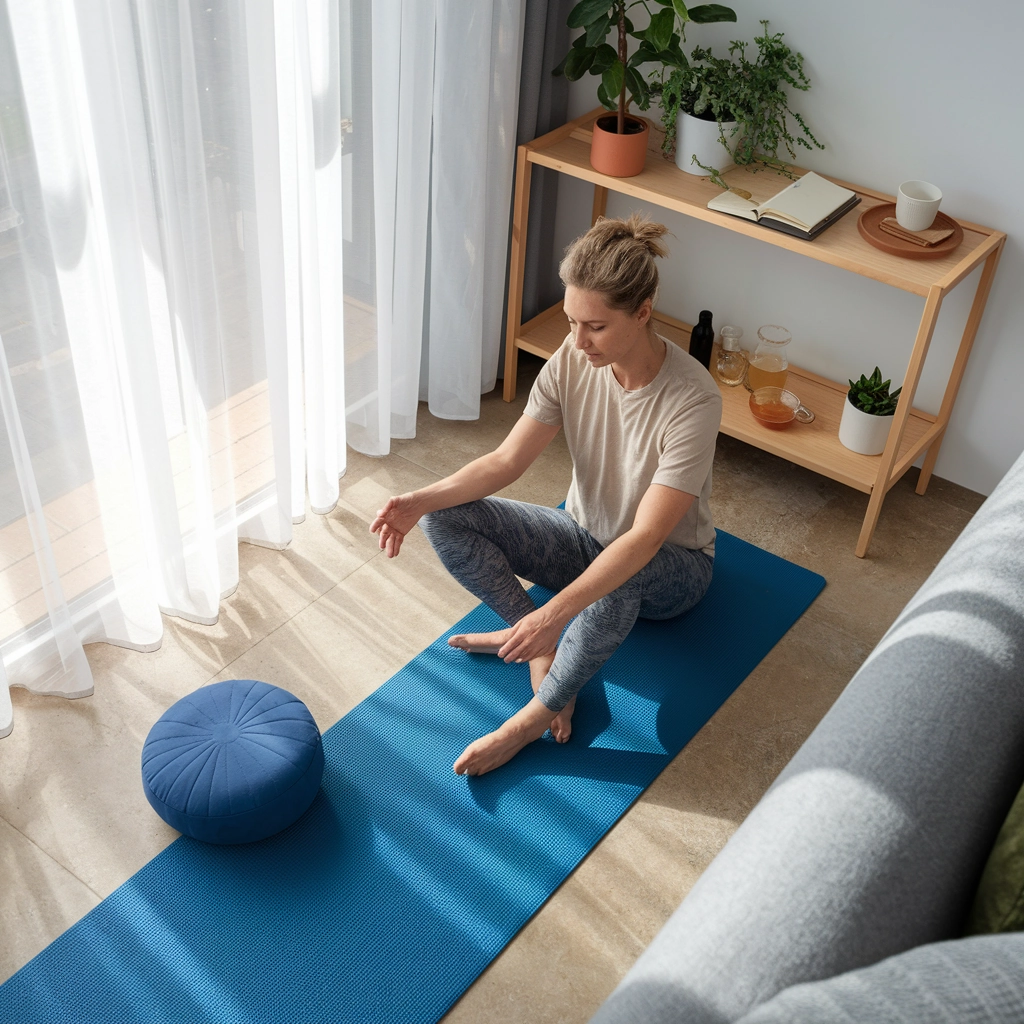When it comes to mental health, many of us tend to wait until symptoms become unbearable before taking action. However, research consistently shows that regular wellness activities can prevent mental health challenges from escalating in the first place. In recovery communities across Houston, including our neighborhoods of Bellaire and West University, we’re seeing a shift toward proactive mental wellness rather than reactive treatment.
Think of mental health like a garden – regular tending prevents weeds from taking over. Similarly, consistent wellness practices create resilience against anxiety, depression, and other mental health challenges that can trigger or worsen substance use disorders.
Mental health symptoms rarely appear suddenly at full intensity. Instead, they tend to grow gradually, often beginning as subtle changes in mood, energy, or thought patterns. According to the National Alliance on Mental Illness, early intervention is crucial for preventing more serious problems.
Without regular wellness activities, these early warning signs can develop into more significant issues:
For those in recovery, this escalation is particularly dangerous, as worsening mental health symptoms often precede relapse.

The connection between wellness activities and mental health isn’t just anecdotal – it’s backed by substantial scientific evidence. Physical activity, in particular, has been shown to have profound effects on brain chemistry and function.
According to research published in the Journal of Clinical Psychiatry, regular physical activity:
In fact, some studies suggest that consistent exercise can be as effective as medication for mild to moderate depression. However, the benefits of wellness activities extend far beyond just exercise.
Mindfulness practices teach us to observe our thoughts without judgment, breaking the cycle of rumination that often fuels anxiety and depression. A meta-analysis published in JAMA Internal Medicine found that mindfulness meditation programs showed moderate evidence of improved anxiety and depression.
For recovery, mindfulness provides crucial tools to manage cravings and recognize triggering thought patterns before they lead to relapse.
Human beings are inherently social creatures, and meaningful connection is a fundamental need. Isolation is both a symptom of worsening mental health and a catalyst for further decline.
Activities that foster genuine connection – from recovery group meetings to community volunteering – provide emotional support, accountability, and purpose. In Houston’s recovery community, we’ve seen how these connections become lifelines during difficult times.

Whether through art, music, writing, or other creative outlets, self-expression provides a healthy channel for processing emotions. Many clients at Altura Recovery discover that creative activities allow them to articulate feelings and experiences that are difficult to express verbally.
These activities also promote flow states – periods of complete absorption in a rewarding activity – which research shows can significantly reduce anxiety and improve overall wellbeing.
The key to effective wellness practices isn’t intensity but consistency. Here are practical strategies for incorporating wellness activities into everyday life:
Rather than attempting a complete lifestyle overhaul, begin with manageable changes:
Make wellness activities easier by creating environmental cues:
Sustainable wellness activities are those you genuinely enjoy. Experiment with different practices to discover what resonates with you personally. At Altura Recovery’s outpatient programs, we encourage clients to explore various wellness modalities to find their personal path.

For those in recovery, wellness activities serve multiple critical functions:
Regular wellness practices provide healthy structure to replace substance use routines. This consistent framework supports the development of new neural pathways and behavioral patterns.
Many wellness activities naturally stimulate the brain’s reward system in healthy ways. According to the Harvard Health Blog, exercise and other wellness activities can help repair the brain’s reward system, which is often dysregulated in addiction.
Stress is a primary trigger for substance use. Regular wellness activities build resilience against stress, creating a buffer between life’s challenges and potential relapse.
Group wellness activities foster connection with others who share healthy values and provide opportunities to develop identity beyond addiction.
At Altura Recovery, we integrate evidence-based wellness activities into our holistic approach to addiction treatment. Our programs include:
We believe that sustainable recovery requires addressing the whole person – mind, body, and spirit. Through our outpatient programs in Houston, we help clients integrate these wellness practices into their daily lives beyond the treatment setting.
The journey toward mental wellness doesn’t require dramatic life changes. Instead, small, consistent actions create the foundation for lasting mental health. If you’re struggling with mental health symptoms or substance use, incorporating wellness activities can be a powerful first step toward healing.
For those seeking more support, Altura Recovery’s dual diagnosis treatment addresses both mental health and substance use concerns with compassion and evidence-based approaches.
Remember that wellness is not a destination but a continuous journey. By making these activities a regular part of your life, you create resilience against mental health challenges and build a foundation for lasting recovery.
Ready to explore how wellness activities can support your mental health and recovery journey? Book a no-commitment, 20-minute discovery call to see if our services are right for you. You can call anytime and book directly on the Altura Recovery website.
Skip to content